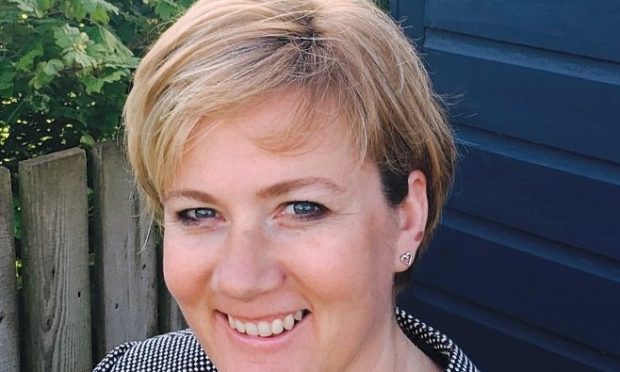Nobody likes a talking shop, especially when much is said but not a lot done. I’m sure most farmers and land-based businesses would prefer to get on with the job in hand and let other people do the talking.
Constructive discussion on the other hand with a clear outcome in mind can often produce results.
As we look towards Brussels for the latest update on Brexit talks, it looks as though discussions between Brexit Secretary David Davis and his EU counterpart, Michael Barnier, have not got off to the most auspicious of starts.
Whatever is happening in Brussels, the reality for Scottish farming is that the need for genuine dialogue to solve issues facing the sector has never been greater.
We can’t wait for the outcome of negotiations before we get on with planning the framework for agriculture post-Brexit, and everyone with an interest in farming agrees that no matter what structure is delivered, it is vital that the UK and Scottish governments engage constructively for the benefit of the sector.
Securing a framework post-Brexit is no easy task.
On one hand, the Scottish Government is right in that the devolved status of agriculture should be respected.
On the other hand, the UK Government says it is trying to be pragmatic in seeking a framework that will work across the UK.
We believe firmly that whatever framework created it should be done so in full collaboration with the devolved administrations. Politics needs to come second to what must be the shared objective – delivering the best for Scottish agriculture.
Brexit has dominated the headlines over the past 18 months, and closer to home it has also been raised by the Scottish Tenant Farmers Association which has said landlords should not be expecting rent increases until the uncertainty of Brexit had been concluded.
This was an ambitious statement on behalf of their members and did not take account of important factors such as the weakness of the pound which has benefited some farmers.
However, difference of view about the impact of changes affecting the sector highlights the need – and benefit – of regular discussions between landlord and tenant.
The vast majority of relationships between tenants and landlords are good and experience tells us that the parties take all relevant factors into account during their deliberations. Brexit should certainly be one of them.
The need for dialogue extends beyond Brexit.
With a review of land agents announced a couple of weeks ago, we hope that the need for constructive and regular dialogue between parties will be reflected in responses to the survey about to be undertaken amongst landlords and tenants.
We would encourage everyone to take part in the survey in order that a broad range of evidence is analysed to tell us what works well at a local level and where we can create improvements in how parties communicate and work together.
The need for communication at all levels in farming is paramount and similarly there is a broader need for the farmers and landowners to speak with their local communities.
As an organisation, we encourage constructive and ongoing communication between all farming interests but we also need to recognise the need to increase communication with outside stakeholders, including local residents and businesses, updating them about plans for our business and how it might affect them.
So, no, we don’t need talking shops but we neglect constructive discussions at our peril.
- Sarah-Jane Laing is executive director at Scottish Land and Estates
